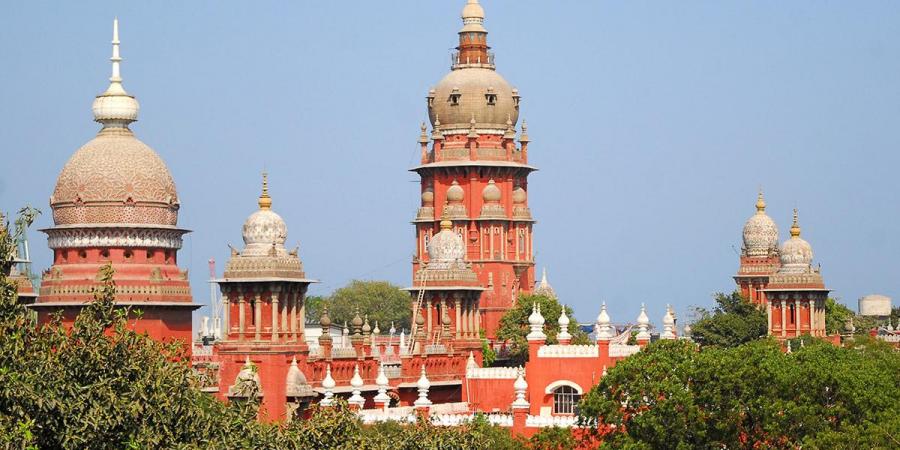The Madras High Court has on Thursday suggested to the educational authorities in Tami Nadu to hold classes virtually and physically depending upon the circumstances and other issues.
The Division Bench of Chief Justice Sanjib Banerjee and Justice P.D. Audikesavalu passed this order while hearing a petition filed by Nervazhi Iyakkam Trust.
The Court noted that though the petition was of limited import and required some kind of scheme to be framed for vaccinating students above the age of 18 pursuing higher education, together with the teaching and non-teaching staff associated with the relevant institutions, the court expanded the scope of the matter to stir some thought in the virtual mode of operations as during the Covid-19 pandemic.
The Court observed that the petition has served out its purpose. Most students involved in higher education, together with the teaching and non-teaching staff have been vaccinated. At any rate, those interested in getting vaccinated have had an opportunity in such regard. Several institutions have also opened and classes are being conducted.
One of the side-effects of the pandemic was the conduct of several activities – not the least of them, court hearings – on the virtual mode. While it is still stressful to participate in a virtual hearing, primarily because of the quality of connectivity at times, if the quality of the connection is appropriate, it opens up a lot of possibilities.
The Court further observed that, litigants who would have found it inconvenient to attend court proceedings because of the possible period of waiting, can now log on at the time when their matter is taken up and observe the proceedings without taking the trouble of coming to court or having to waste the entire day in the process.
Similarly, lawyers do not need to travel long distances and use the convenience of their chambers to participate in the virtual hearings. If nothing else, a lot of resources involved in travelling, not to speak of time, are saved.
Virtual classes have been conducted across the board. While the atmosphere of being together in a school or in a college or a university must also be experienced as much as the education imparted there, students may exercise the choice of attending classes on the virtual mode, subject to obtaining permission or in cases when they are unwell or the like.
The Court said indeed, several students who spend a lot of time travelling may be spared the daily trouble by choosing which of the days to attend classes physically and which others to attend on the virtual mode, subject to any rules or regulations that may be prescribed in such regard.
The idea of the court was to initiate a discussion to continue some form of education on the virtual mode, whether as a substitute for the physical mode or in addition to the physical mode or as a combination as in the hybrid form of hearings undertaken in court.
The Court further noted that papers have been filed by the University Grants Commission and the All India Council for Technical Education indicating how several courses are permitted online, while others are not. It may do well for all the nodal bodies to re-visit the matter, without being unnecessarily rigid, so that education may be more accessible, for instance to persons with disabilities who may have locomotor disabilities and face difficulty in travelling.
“However, as noticed above, since the petition has worked itself out and there are no reports yet of a further surge though a substantial part of the festive season is already over, it is hoped that life can return to normal, but with the lessons learnt from the pandemic in alternative forms of conducting business or education not to be forgotten, so that the virtual mode of operation can go on hand in hand with the physical mode,” the Court observed while disposing the petition.


